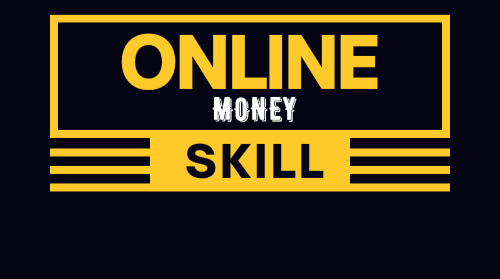How to Use Your Credit Card responsibly
With all the different credit card options out there, it can be hard to determine which one is right for you. Are rewards cards better than standard credit cards? Do you even need a credit card? How will a credit card impact your credit score? Even with all the information available, millions of Americans use their credit card incorrectly on a regular basis. According to a report by the New York Fed, about 75% of Americans who have a credit card also have an outstanding balance. This is because many people view their credit card as nothing more than another form of cash — and that’s dangerous. A responsible and strategic use of your credit card can lead to financial rewards in the long run. Here’s how you should approach using your new credit card responsibly:
Check your credit score before applying
Opening a new credit card will negatively affect your credit score. Credit scores are determined by your credit utilization ratio — which is the total amount of debt you have compared to your total amount of available credit. If you open a new credit card and immediately max it out, your utilization ratio will be extremely high, which will cause your credit score to decrease. You can check your credit score for free at least once per year at sites like Credit Karma or Credit Sesame. You should also check your credit report to make sure there aren’t any errors that may negatively affect your credit score. It’s also a good idea to check your credit report and credit score with the three credit bureaus (Equifax, Experian, and TransUnion) every few months. This is totally free thanks to a free credit report law that went into effect in July 2017. You can request your free credit reports once per year at AnnualCreditReport.com. Before applying for a new credit card, you should make sure your credit score is as high as possible. This can help you secure a better card with lower interest rates and higher rewards.
Only apply for the cards you need
Credit cards can be incredibly useful tools, but you should only apply for the credit cards you really need. If you open too many new credit cards at once, you run the risk of negatively impacting your credit score. If your credit utilization ratio is extremely high, lenders may think you are desperate for more credit and may even lower your credit limit. This can create a vicious cycle of decreased credit that can be difficult to escape. There are two basic types of credit cards: revolving credit cards and installment credit cards. Only open a revolving credit card if you already have at least one revolving credit card in your name and have been using it responsibly for at least one year. Installment credit cards are better if you are trying to build your credit. These cards have fixed payment schedules, which makes them easier to manage and track. Your credit utilization ratio is calculated based on the amount of credit you currently have versus the amount of credit you actually use. This means that you can negatively impact your credit score if you open a new credit card and don’t use it.
Only use your card when absolutely necessary
Credit cards are a useful tool for purchases that you cannot pay for immediately. However, if you find yourself using your credit card regularly, you may be in trouble. If you can’t pay off your balance in full each month, using your credit card can really wreak havoc on your credit score. If you can’t pay off your credit card in full each month, you should only use your credit card for the bare minimum amount necessary. If you are using your credit card regularly, it is a good idea to take a look at your budget and see where you can cut back to make room for the additional payments. A good rule of thumb is to only use your credit card for purchases that you can pay off in one month or less. Ideally, you should pay off your credit card balance in full every single month.
Pay your balance in full each month and only carry a small reserve
Credit cards are not free money — they are loans that you will eventually have to pay back. Ideally, you should only use your credit card for the bare minimum amount necessary, and then pay the entire balance off in full at the end of each month. If you are only paying the minimum amount due each month, you will be stuck paying that credit card debt for years. As a result, only using your credit card in an emergency situation. If you use your credit card as a substitute for cash, you can easily get yourself into a lot of trouble. Having a small amount of credit card debt is OK. You just need to make sure that you are paying that debt off each month. Ideally, you should try to keep your credit card balance as low as possible.
Conclusion
Credit cards can be incredibly useful tools if used properly. With the right credit card, you can earn free travel, cash back, and other rewards while building your credit score at the same time. However, using a credit card incorrectly may impact your credit score, which can make it difficult to get approved for a home loan, car loan, or any other type of loan in the future. Credit cards are not free money, so only use them when absolutely necessary.




No comments:
Post a Comment